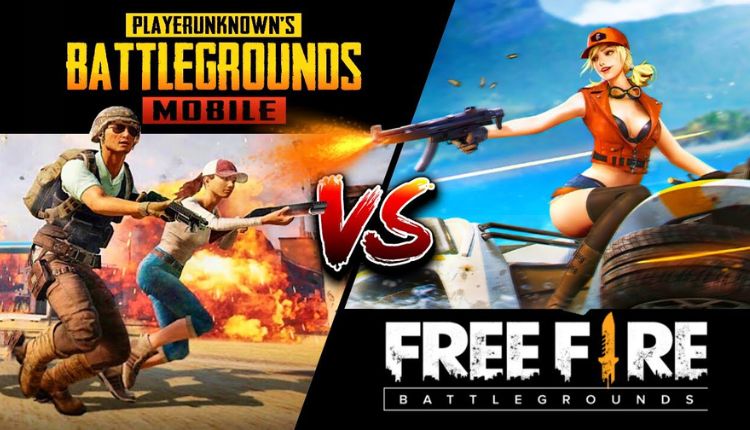Introduction:
In a surprising turn of events, Krafton, the developer behind the immensely popular game PlayerUnknown’s Battlegrounds (PUBG), has filed a lawsuit against Garena Free Fire, another prominent battle royale game. The legal dispute has sent shockwaves through the gaming community, as both games have enjoyed massive success and have amassed millions of players worldwide. In this article, we will delve into the details of the lawsuit, explore the reasons behind Krafton legal action, and discuss the potential implications for the gaming industry as a whole.
Background And Lawsuit Details:
Krafton’s lawsuit against Garena Free Fire alleges copyright infringement, claiming that the latter’s game bears striking similarities to PUBG. The lawsuit argues that Garena Free Fire has replicated essential elements of PUBG’s gameplay mechanics, character designs, and even specific locations within the game. Krafton asserts that these similarities infringe upon their intellectual property rights and create confusion among players, leading to unfair competition.
PUBG and Garena Free Fire have undeniably gained enormous popularity, but they do differ in certain aspects. PUBG focuses on a more realistic military-style gameplay experience, while Garena Free Fire adopts a more colorful and vibrant aesthetic, appealing to a broader range of players. Nevertheless, Krafton insists that Garena Free Fire’s imitation of PUBG’s core elements cannot be overlooked.
Potential Implications:
The outcome of this lawsuit could have far-reaching implications for the gaming industry. Intellectual property rights are a crucial aspect of the gaming landscape, and developers invest significant time and resources in creating unique and innovative gaming experiences. If Krafton’s lawsuit is successful, it may set a precedent for future legal battles and encourage developers to protect their intellectual property more rigorously.
On the other hand, if the court rules in favor of Garena Free Fire, it might signify a more lenient approach to copyright infringement in the gaming industry. This could lead to a potential surge in game developers borrowing elements from successful titles, blurring the line between inspiration and imitation. While competition is healthy and drives innovation, striking a balance between creativity and protecting originality is vital for fostering a sustainable and diverse gaming ecosystem.
Conclusion:
The legal battle between Krafton and Garena Free Fire has brought to the forefront the issue of copyright infringement within the gaming industry. As players eagerly await the court’s decision, the outcome will undoubtedly shape the future of game development and intellectual property protection. Both sides have valid arguments, and it will be up to the legal system to determine whether Garena Free Fire crossed the line between taking inspiration and infringing on PUBG’s intellectual property.
Ultimately, this case serves as a reminder of the importance of originality and creativity in the gaming realm. While games may share similar mechanics or themes, developers must strive to create unique experiences that stand on their own merits. Moreover, players should support and appreciate original creations while encouraging healthy competition that fosters innovation and diversity.
FAQs:
- Will this lawsuit affect players’ ability to enjoy Garena Free Fire or PUBG?
- No, the lawsuit is primarily a legal dispute between the developers and is unlikely to have a direct impact on players’ ability to enjoy either game.
- Can game developers borrow ideas from other successful games without facing legal consequences?
- While taking inspiration from other games is common in the industry, there is a fine line between inspiration and copyright infringement. Developers should aim to create original content while respecting intellectual property rights.
- How long is the legal process expected to take?
- The duration of the legal process can vary, and it is challenging to predict an exact timeline. It may take several months or even years before a final verdict is reached, depending on the complexity of the case and the legal system involved.

